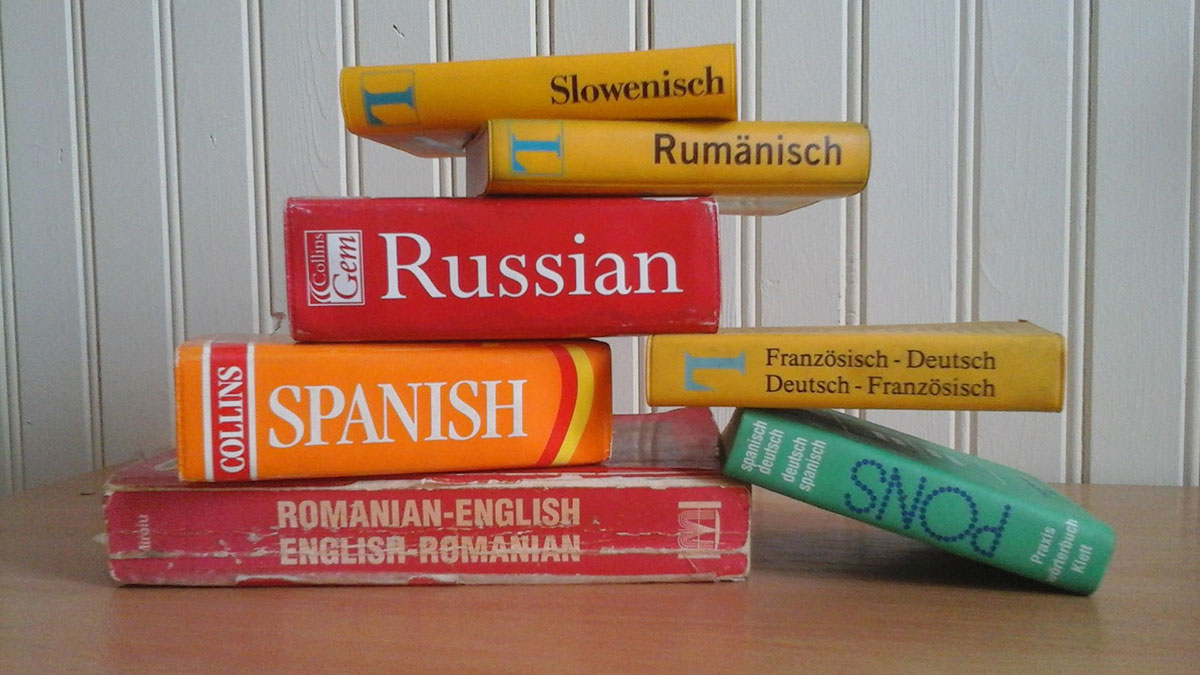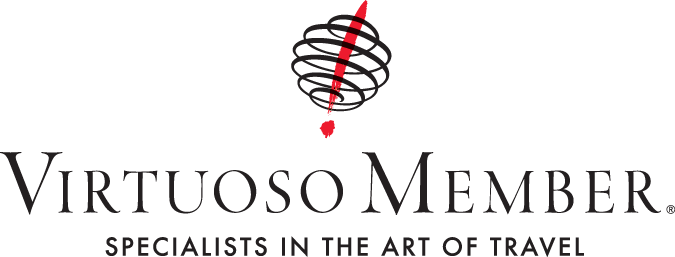|
I’ll say it: travel would be much simpler if we all just spoke the same language. That would significantly cut down on language-related miscommunication and entirely eliminate the irrational fear that someone within earshot is speaking about you in a language you can’t understand. While a world with one language would probably easier, we would lose the vast cultural knowledge that is contained within our diverse tongues, and with that, we would lose a part of what makes each culture unique. Instead of wishing the differences away, why not embrace them by adding to your language repertoire? Before your next excursion to a land far away (or maybe your next stroll down the international cuisine aisle at the grocery store), be sure to take a look at the following language learning tips and tricks. Determine Your Goals Before you break out the flashcards or subscribe to a language learning service, first determine what your goals for fluency are. Do you just need to know common directional terms or how to ask if there is something you’re allergic to in your food? That level of language learning is going to be far easier to achieve in terms of effort and time than full professional fluency in the language. While the latter could take years, you can learn left, right, and how to ask about shellfish on the plane ride over. Not that you should embark on a language-learning adventure whilst en route to your final destination, but you get the picture. The loftier your goals, the further in advance you’ll need to begin and the more commitment you’ll need to have. Language Learning Tips That Work for the Short- and Long-Term Learner Setting Goals, Part II You already know what you’re looking for out of your language learning experience. Now it’s time to break that goal into bite-sized pieces. Rather than saying, “I want to learn Russian,” create short-term realistic goals like, “I want to learn 25 Russian words in the next three days,” or, “I want to read elementary-level book by October.” Just like any goal, language learning is easier to achieve when you create a path to success for yourself. Silence Your Inner Self Doubt You’re going to pronounce things incorrectly. You’re going to use the wrong conjugation of a verb. If the language you’re learning gives nouns a gender, you’re most definitely going to misgender a word. It’s okay. To learn anything new, you have to get comfortable with the fact that you’re a beginner and you’re going to make mistakes. You weren’t born knowing how to ski or cook a casserole, and learning another language is no different. If you want to improve, you’ll probably wipeout or burn the greens a time or two. Learn What You’ll Use It doesn’t make sense to learn the Greek words for the five types of company mergers if you’re just going to Greece to relax on the beach for a couple of weeks. Even if you were going to live in Greece, you probably wouldn’t need those words unless you worked in finance. Learn only the things you know you will need to use, like question words, numbers, frequently used phrases, grammatical structure, and basic conjugations. If you’re only going for a holiday, you may not even need that much. Practice Makes Perfect Whether you’re learning the language for a week-long vacation or a multi-year job contract, consistent practice is your best friend. Try to get the pronunciation down early, as this strong foundation will make remembering the words easier and it will give you confidence. Read articles, stream radio, and watch movies in your target language. You might not see improvements right away, but they will come. Language Tips for Long-Term Learners Accept That You Won’t Understand (Everything)
As you continue in your language learning journey, your progress may seem slower than it was in the beginning. In a way, that’s true. You can pick up the easy things quickly and make progress at a rapid pace, but the more nuanced things take time. This is especially true with verbal comprehension; native speakers speak quickly and may have a variety of accents that you aren’t used to hearing, so it is important to accept that you won’t understand everything. Try to guess what they’re saying from contextual cues and try to make a note of words you don’t know to look up later. Speak As Much As You Can Languages have four main pillars: writing, reading, speaking, and listening. Learners can usually pick up the writing and reading with relative ease (depending on the language), but speaking and listening can be more of a challenge. Try to find a language partner or tutor to assist you with those components. Once again, accept that you’ll make mistakes. Speaking regularly will only improve your confidence and performance. Stick With It! Some people say that the best way to learn a language is to fall in love with someone who speaks it. That might not be an option for you, but you can try to fall in love with the language itself or something about the culture that speaks it. Find a connection that drives you to continue with your studies, even when you’re going through points where you lose motivation or life gets busy. Stick with your practice to maintain and expand upon the knowledge you’ve gained. Have you tried learning a language, but stopped because life got in the way? Booking a trip to a place that speaks that language could be the perfect motivation to pick back up where you left off! Reach out to the Life’s Journey Travel team for a free travel planning consultation. We’d love to help encourage your language learning growth!
0 Comments
Your comment will be posted after it is approved.
Leave a Reply. |
Author: Debra HarrisAs founder of Life’s Journey Travel, I’m deeply passionate about creating custom travel experiences that allow my clients to truly savor the journey. Categories
All
Archives
February 2023
|
Quick Links |
Life’s Journey Travel, an independent affiliate of Gifted Travel Network — a Virtuoso® Member
|
Copyright © 2016-2022 | Lifes Journey Travel | Privacy | Terms of Use
Website by markrobinson.biz





 RSS Feed
RSS Feed



